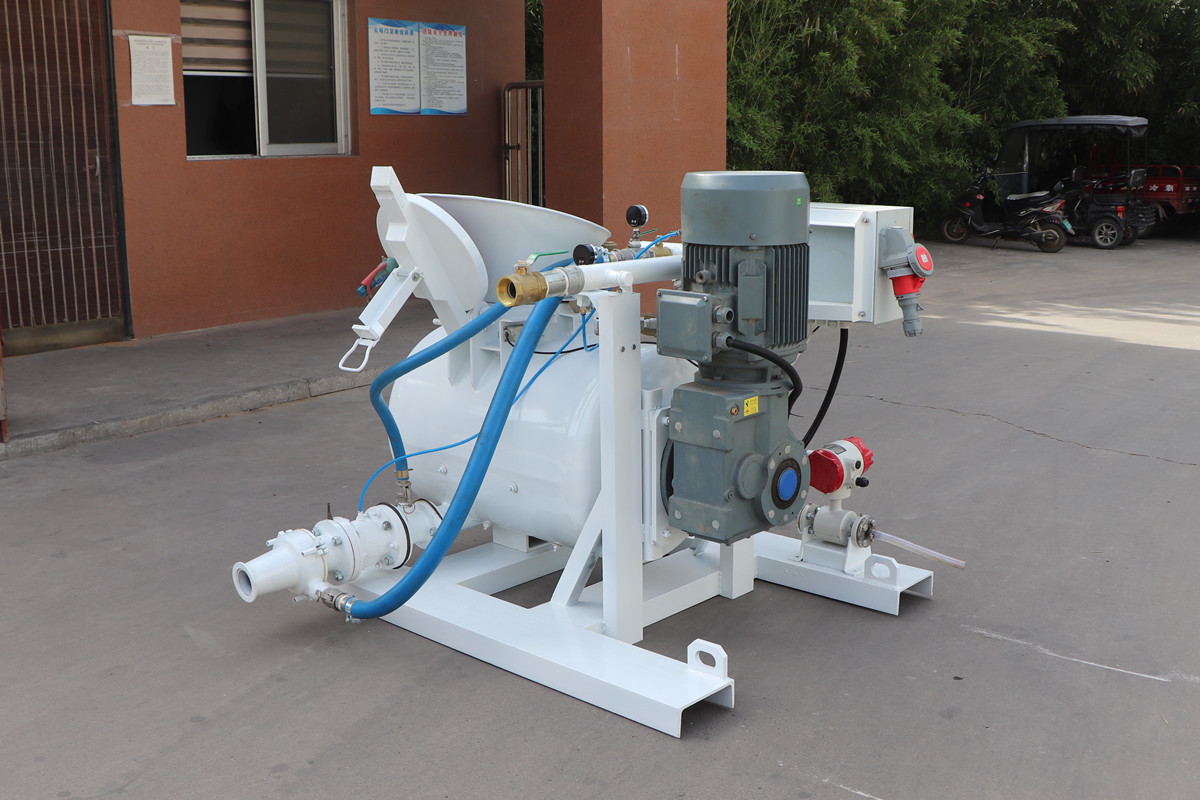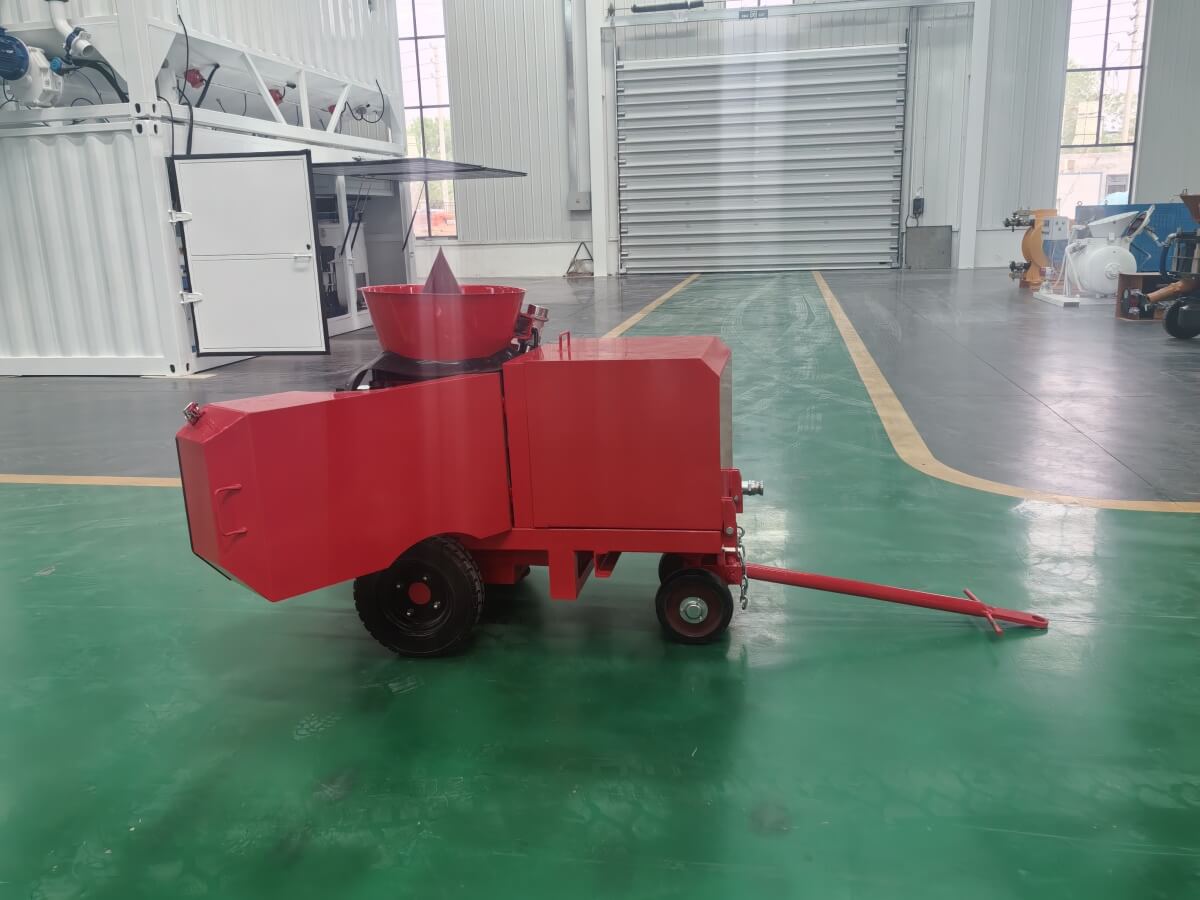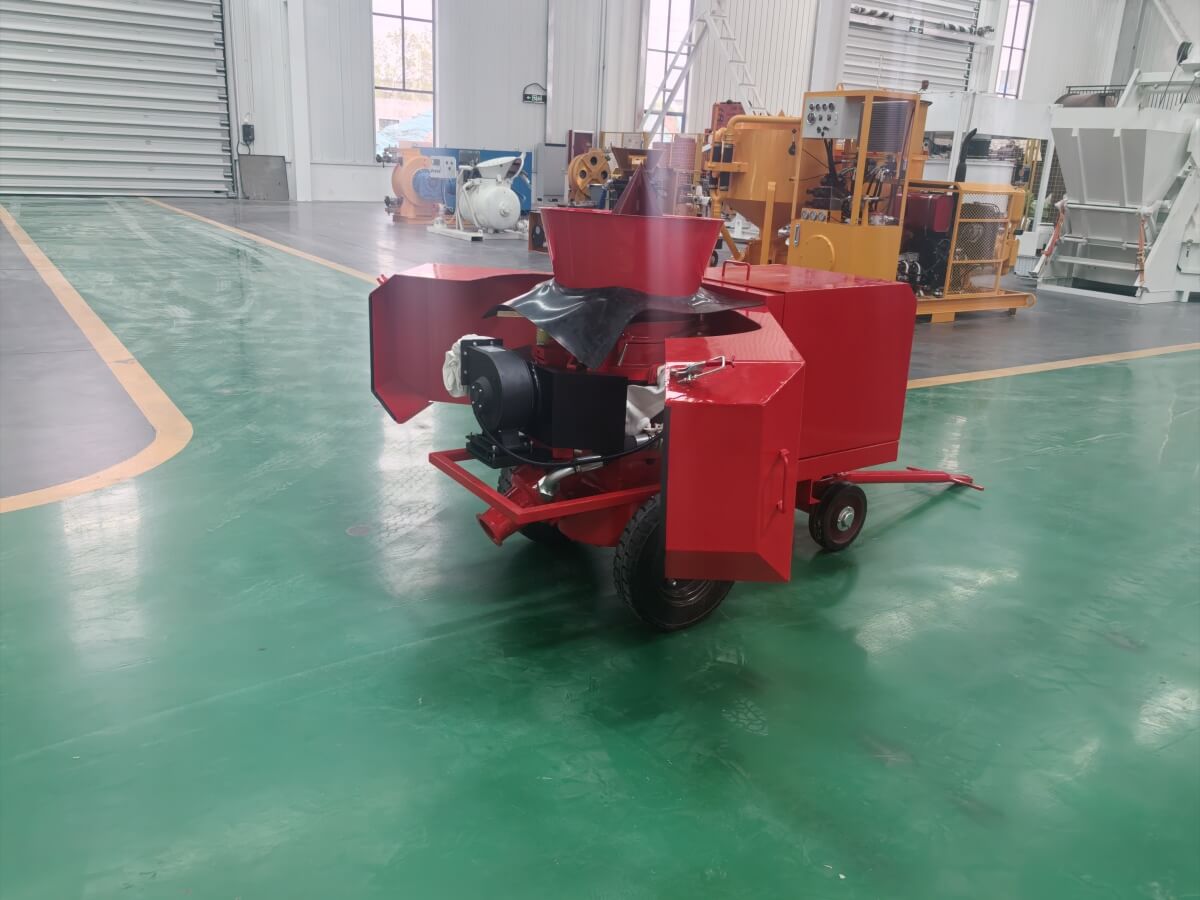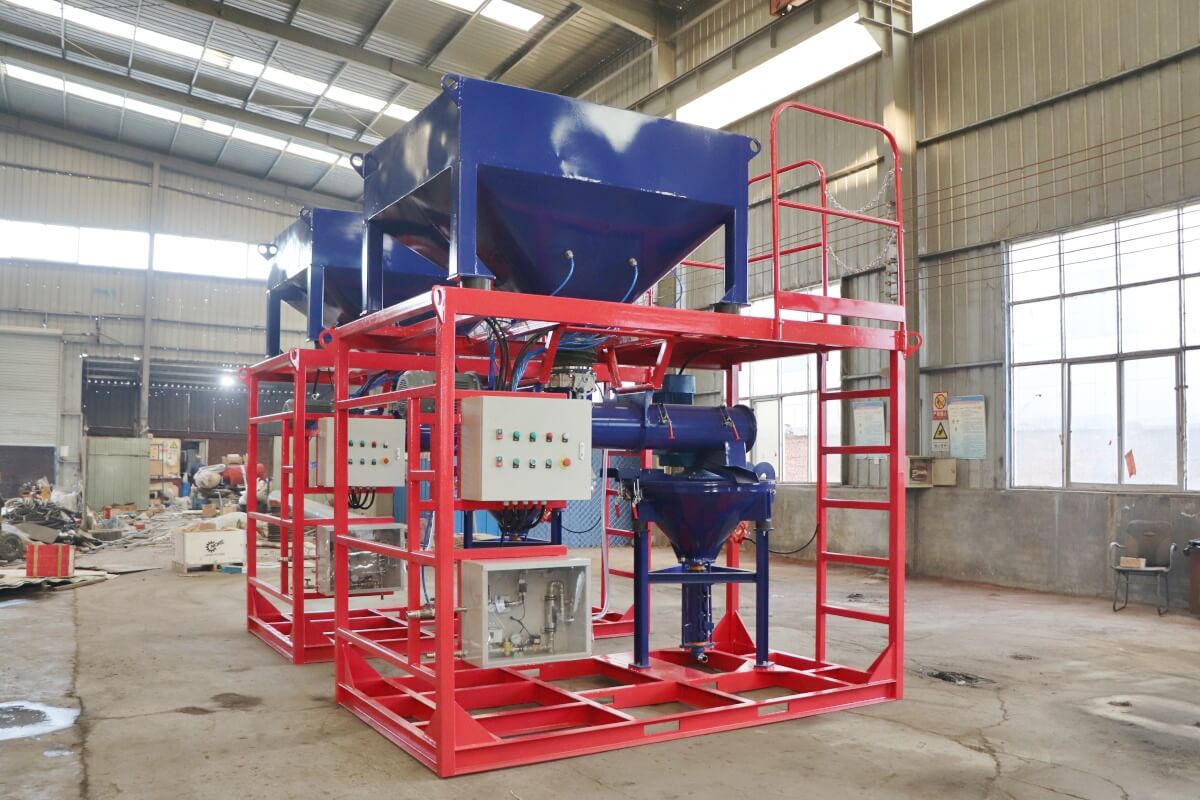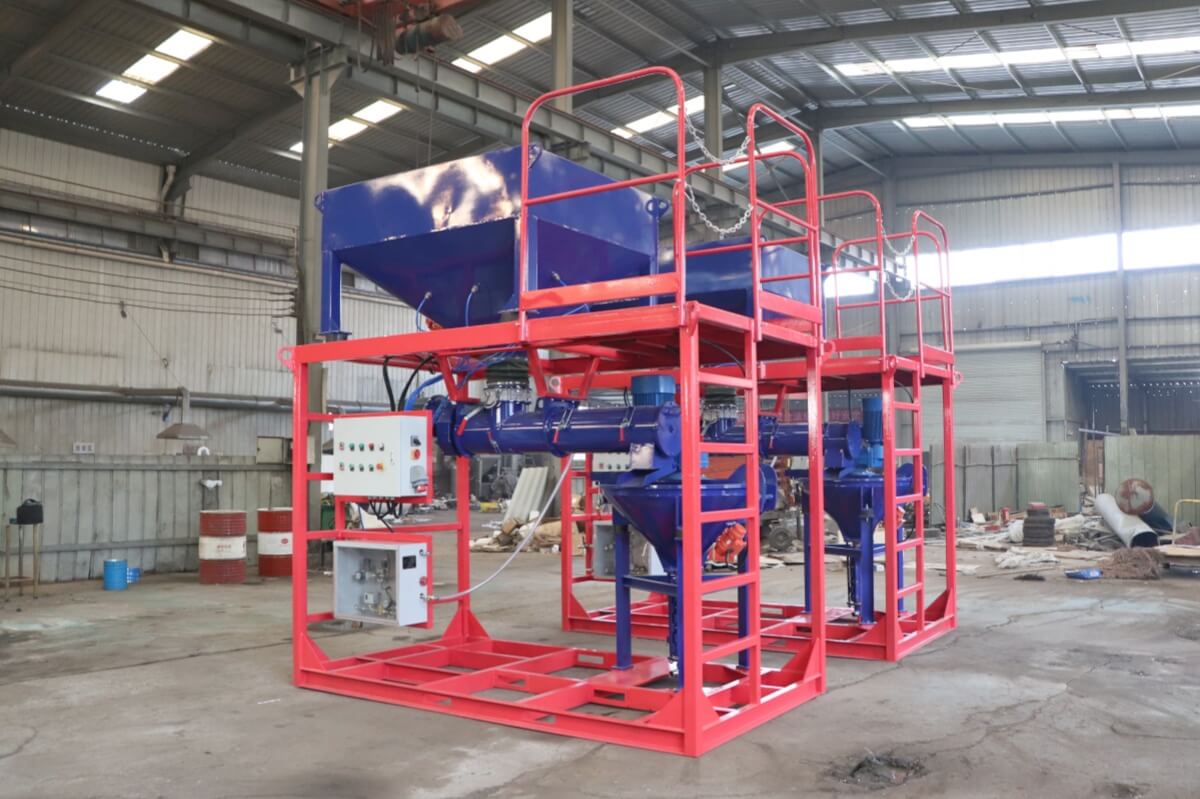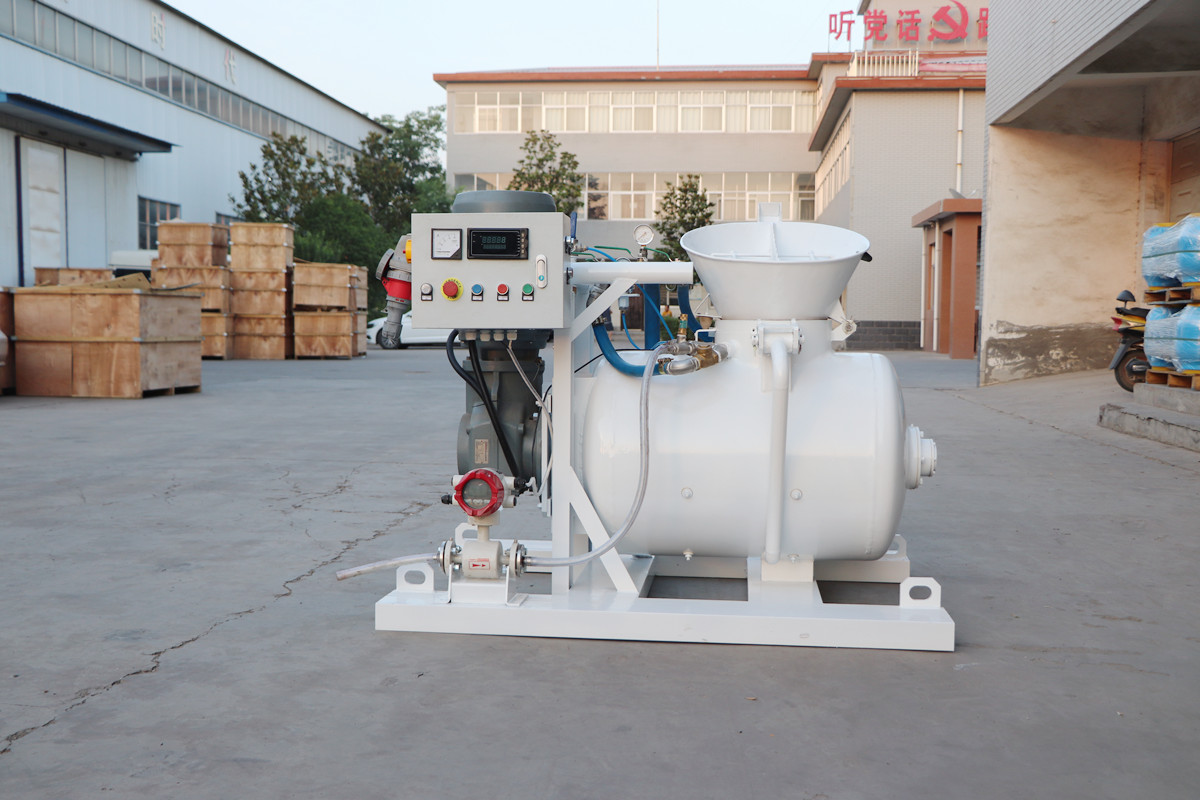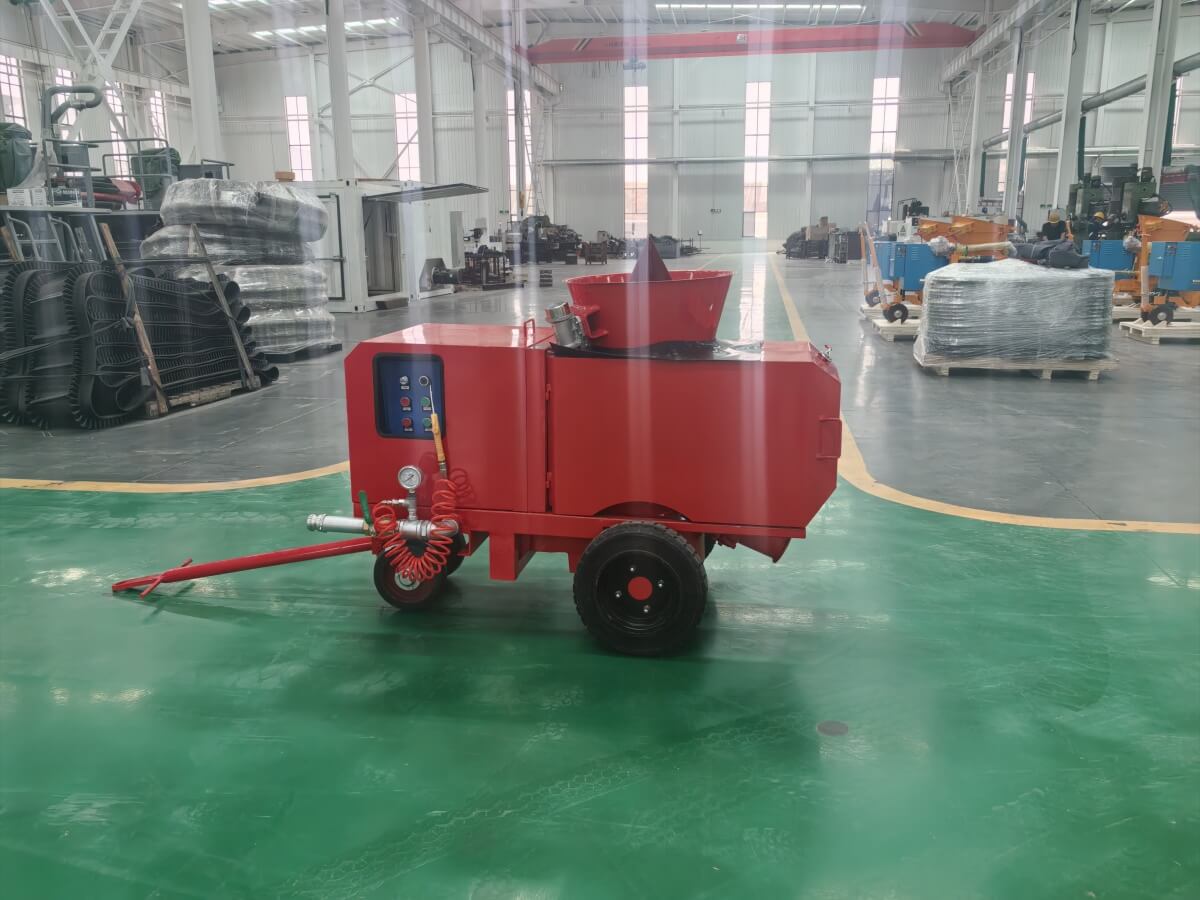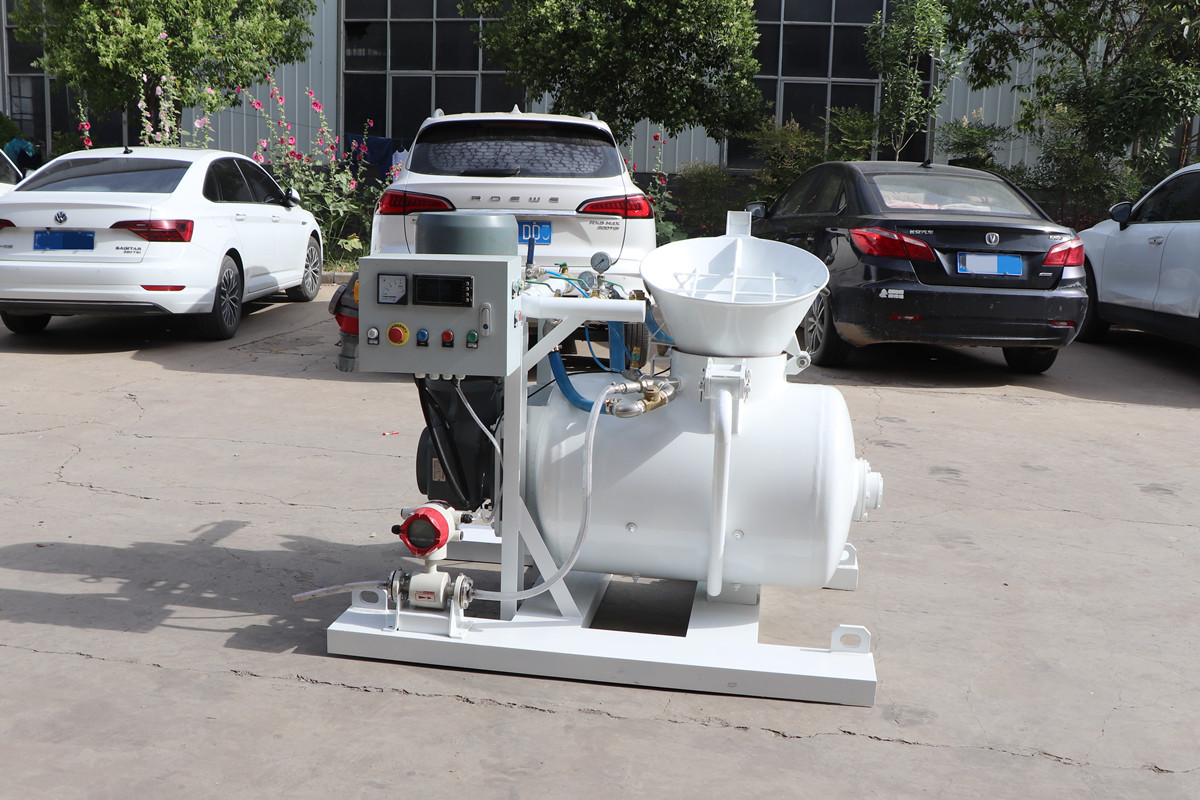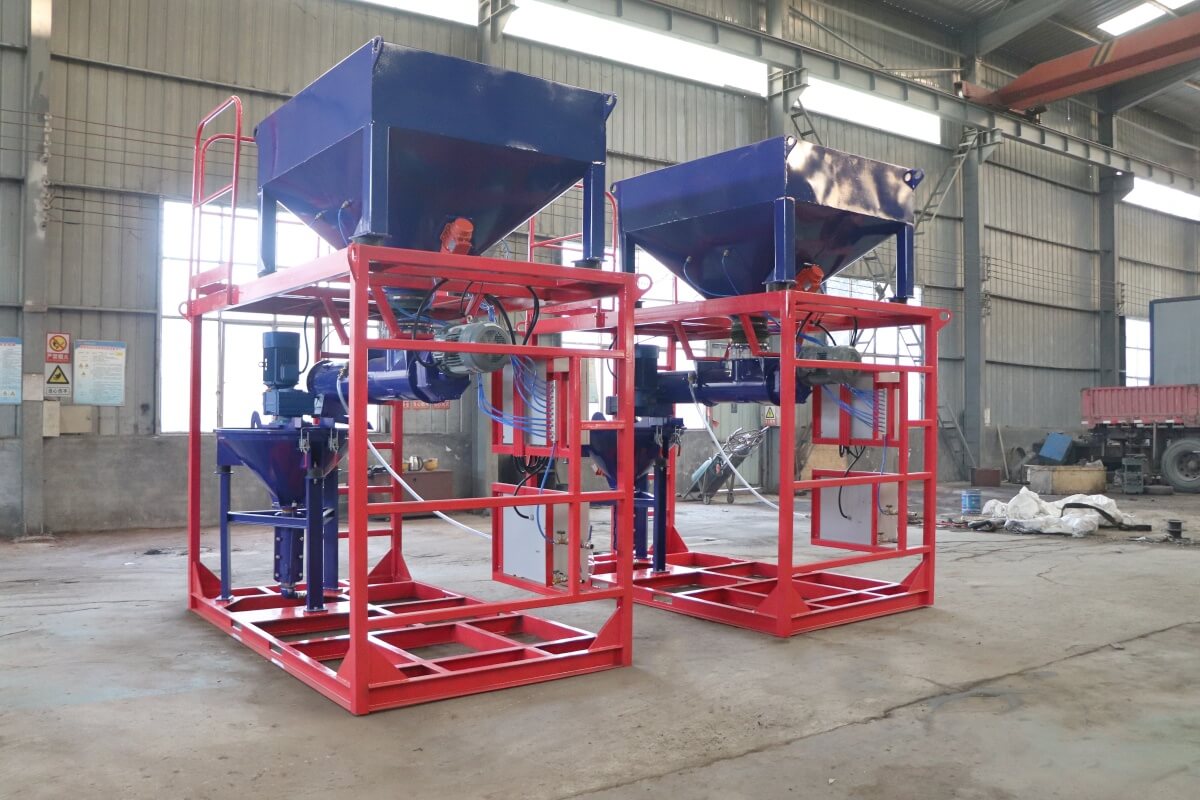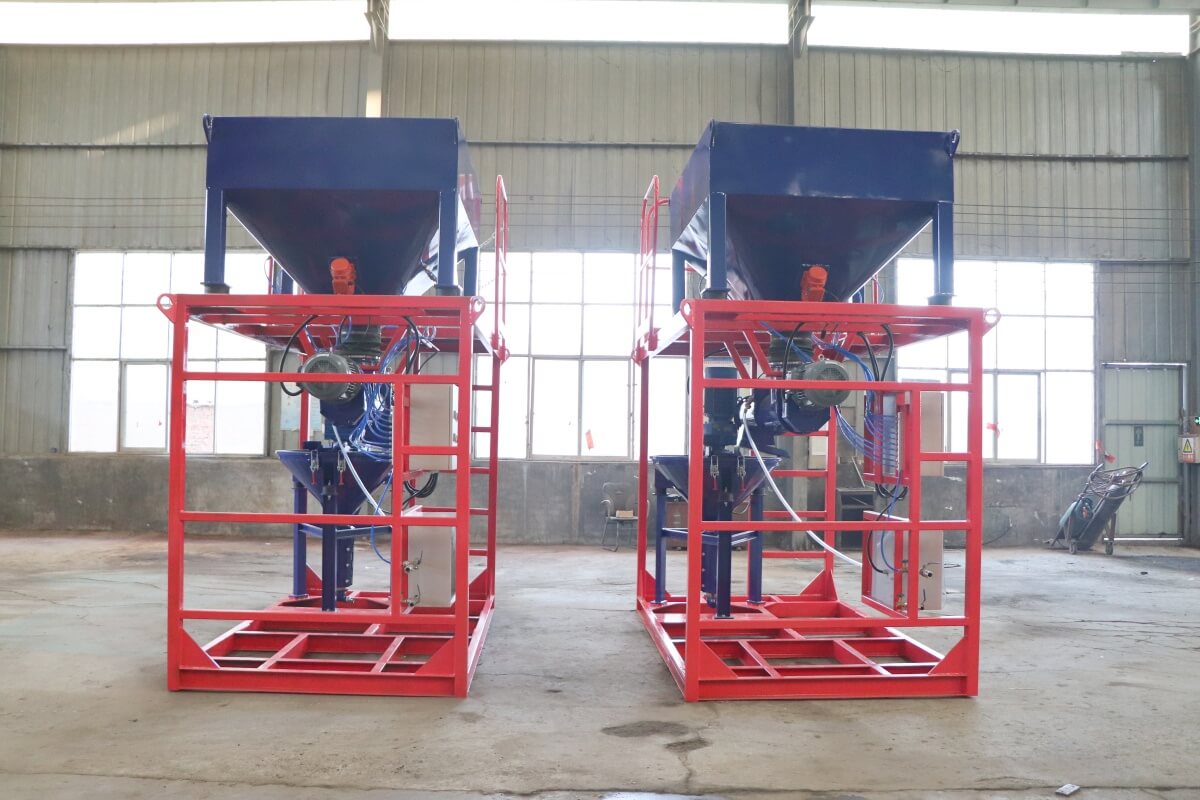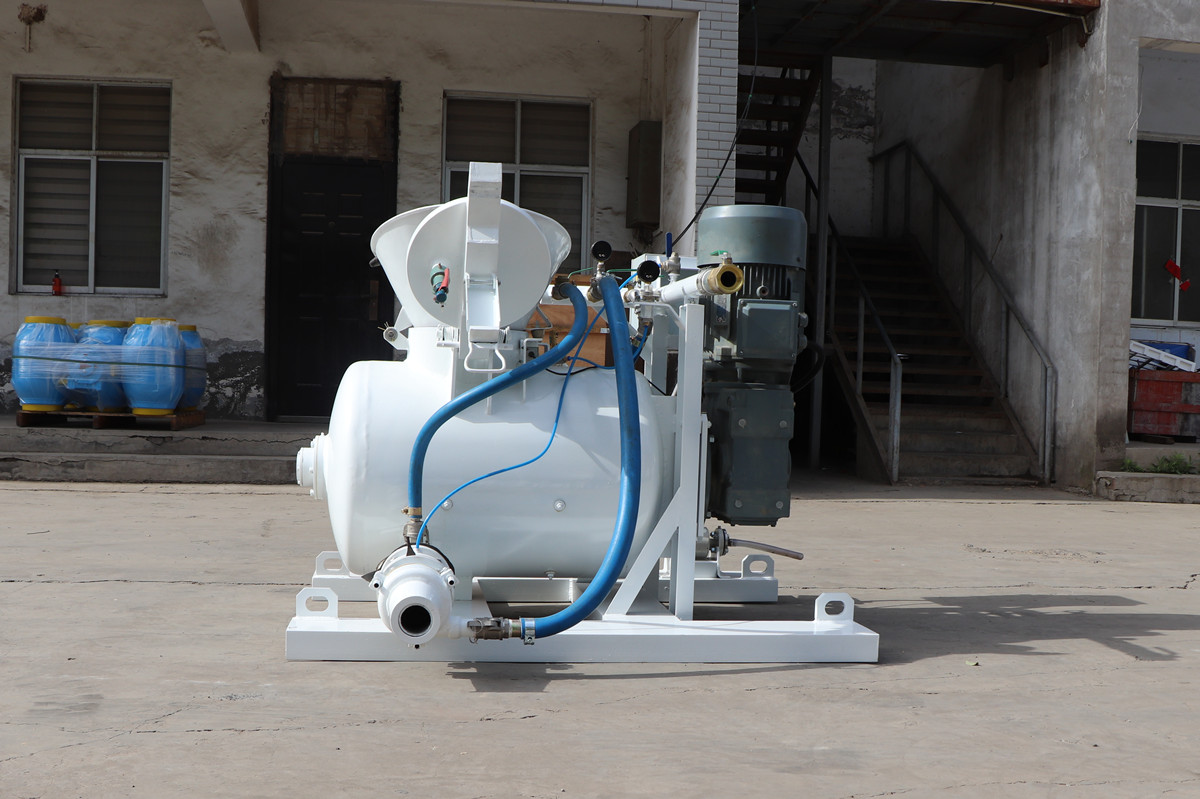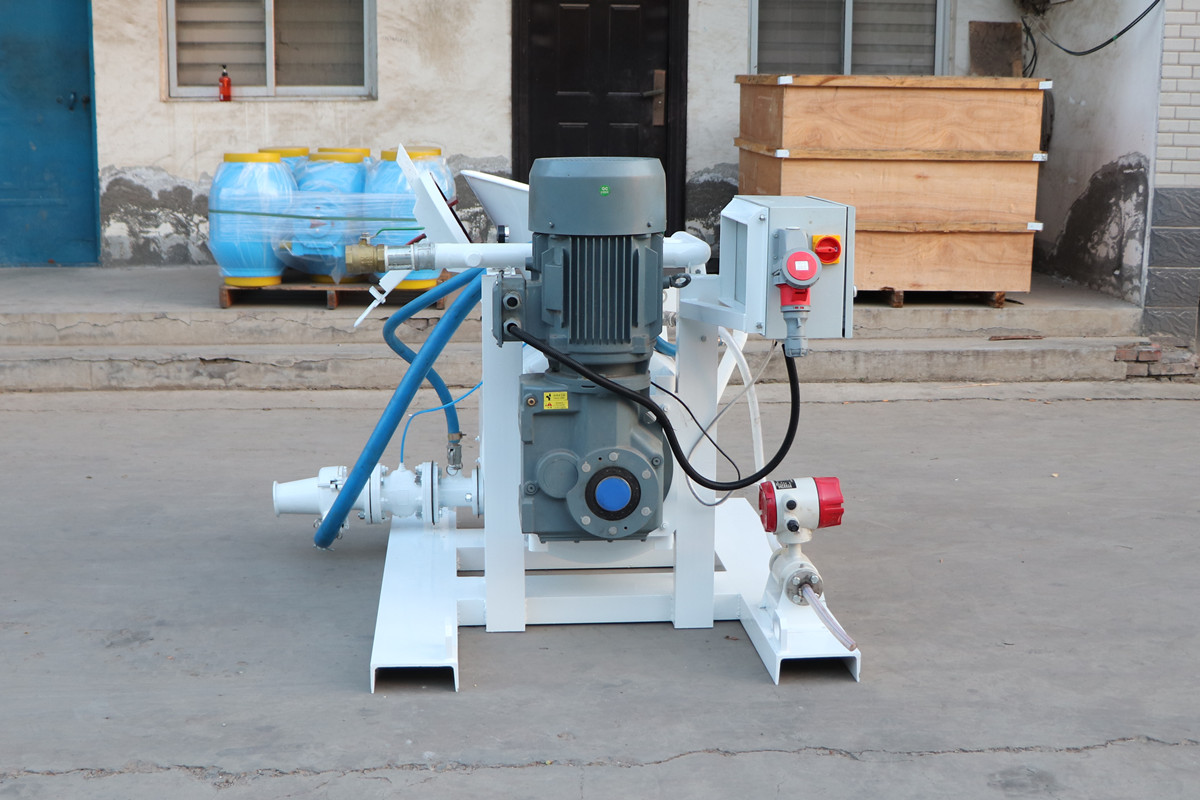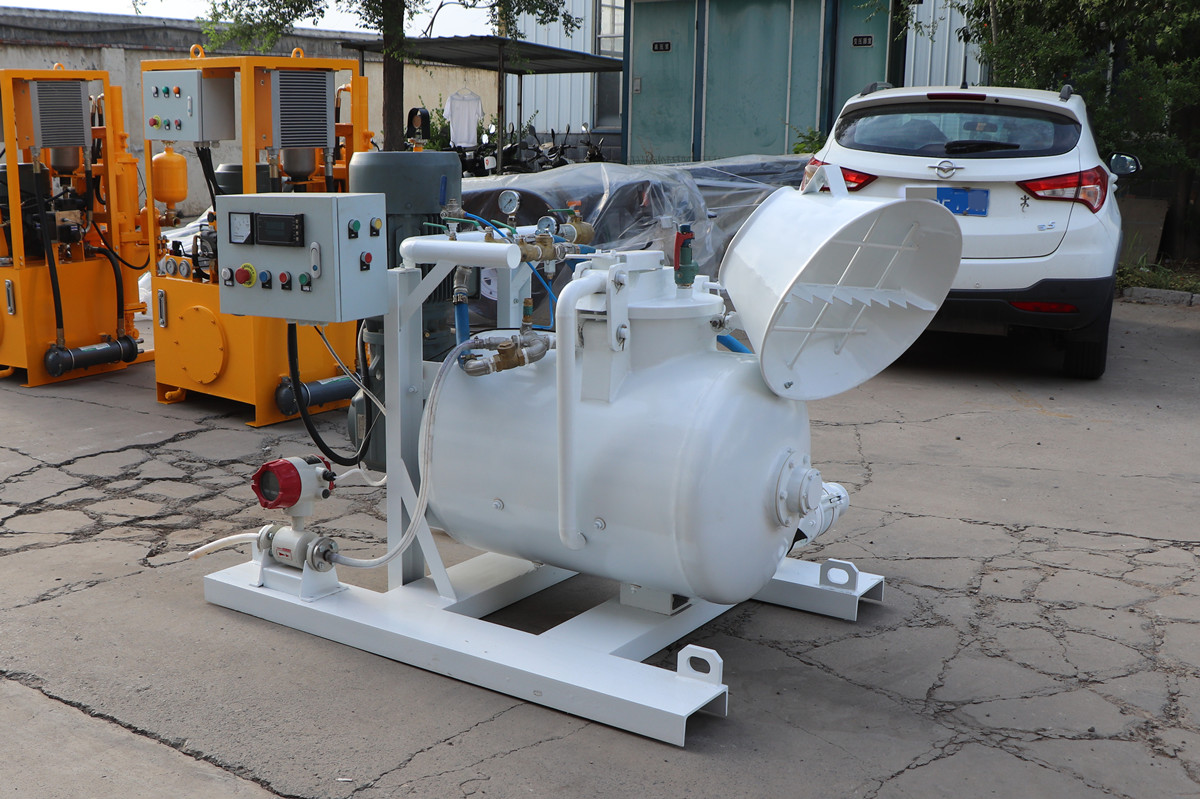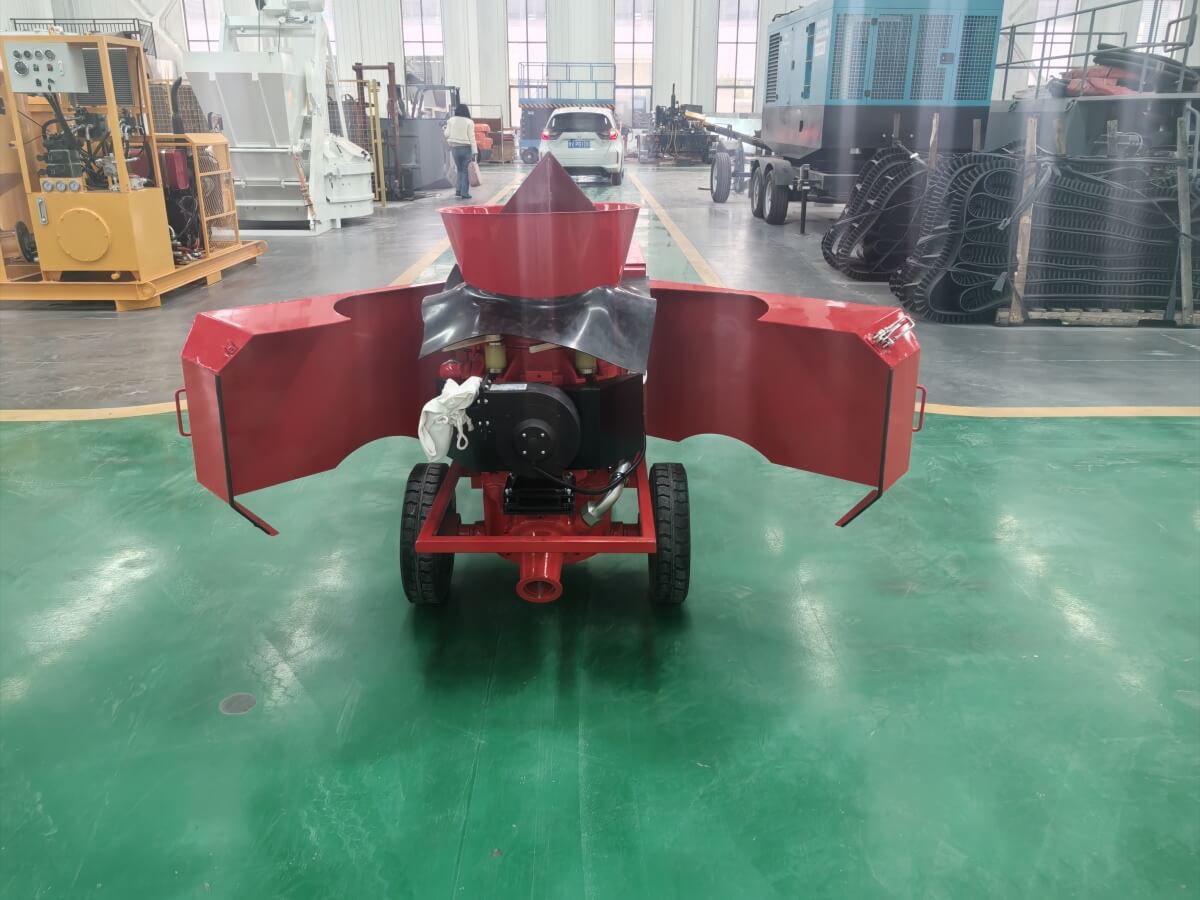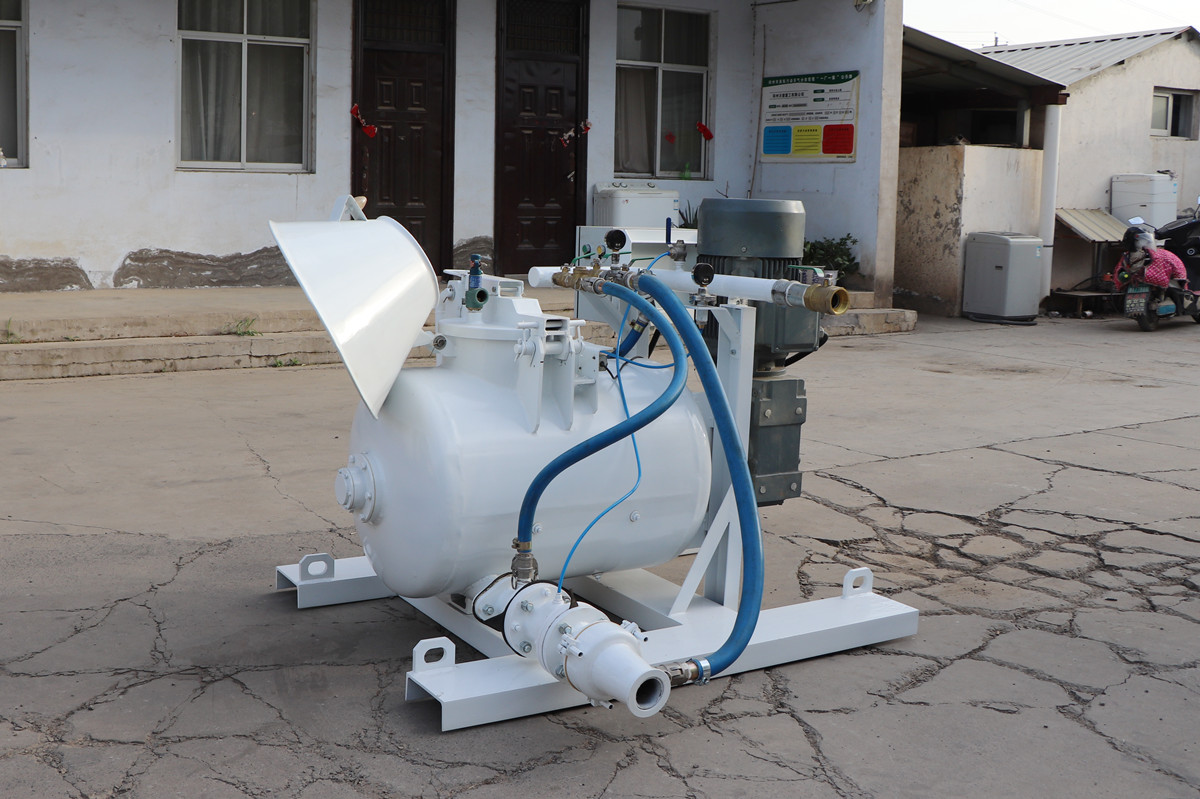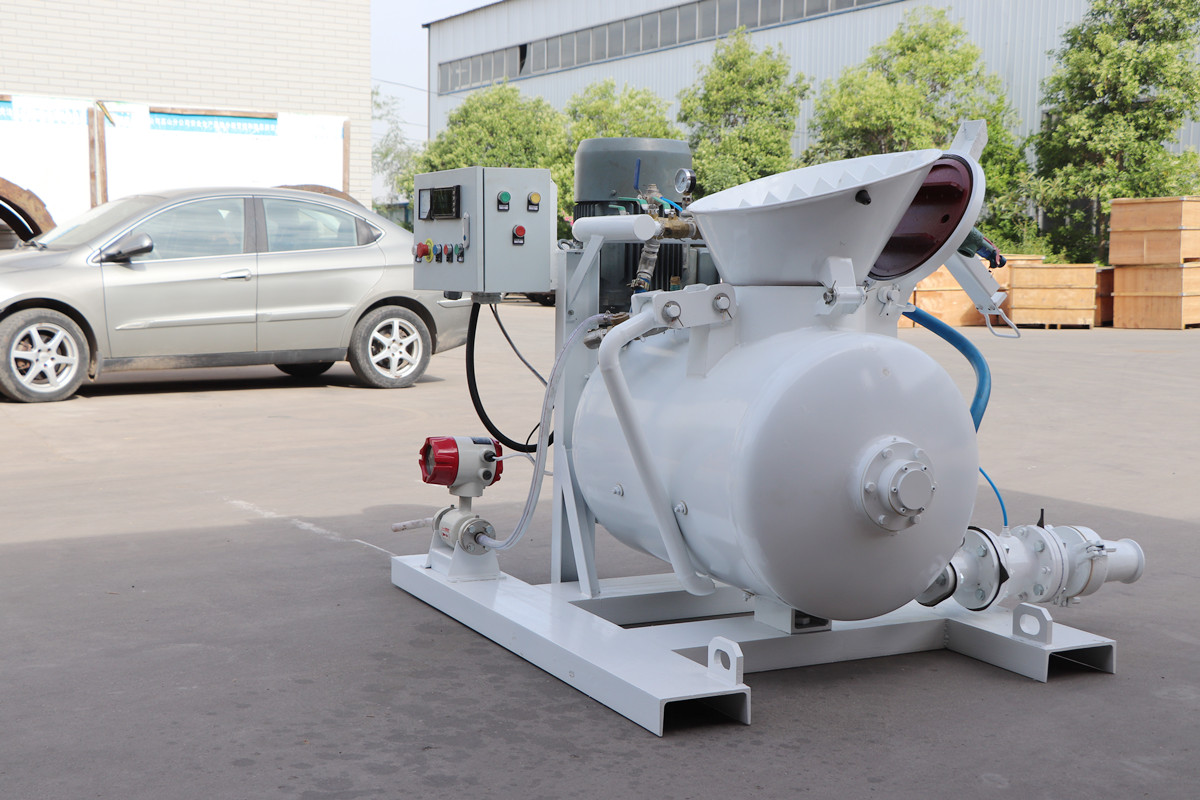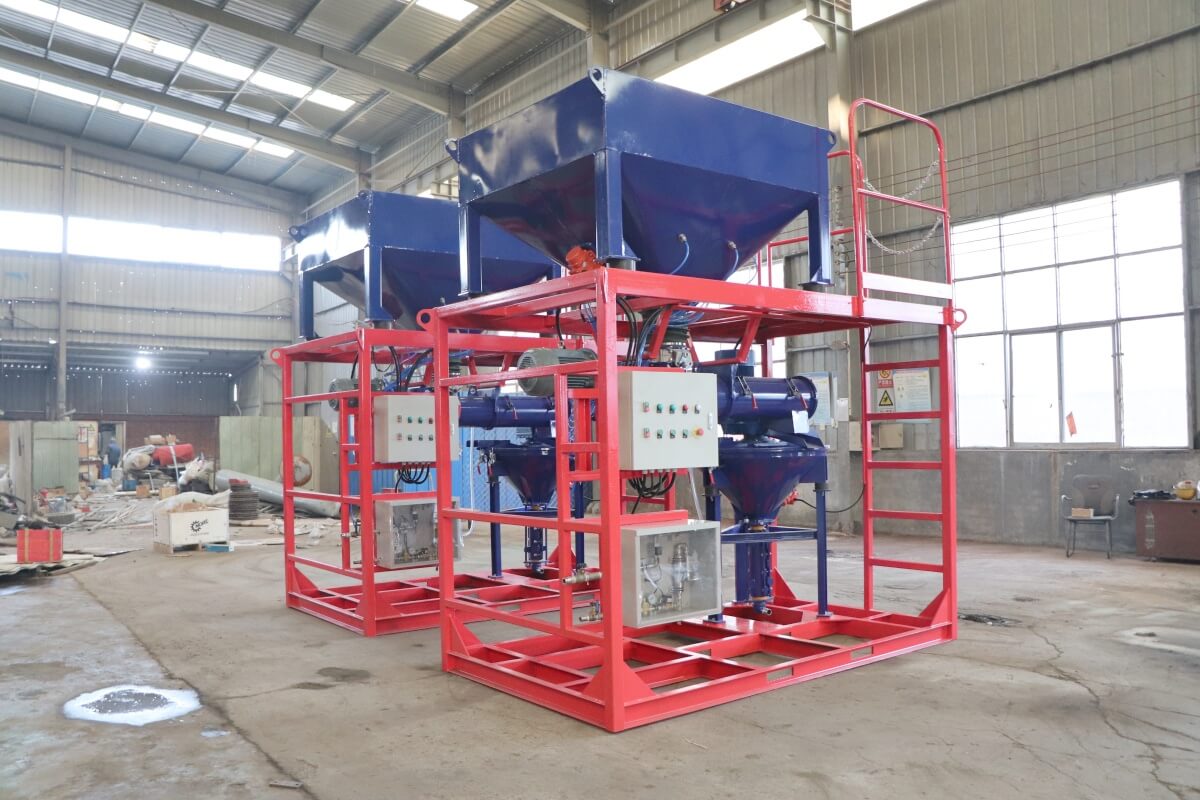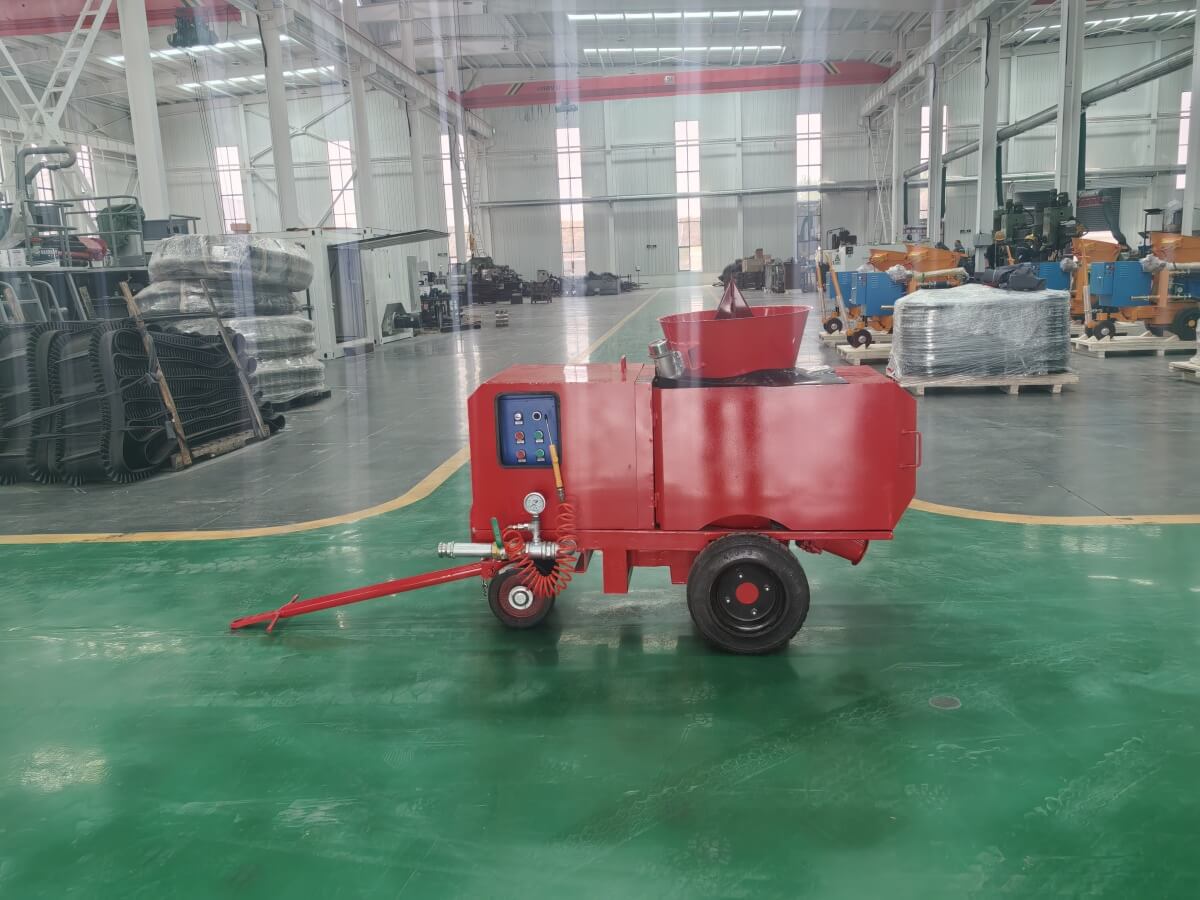Refractory mortar concrete pump
Refractory mortar concrete pump is a concrete pump specially used for conveying refractory mortar, which has the characteristics of specialization, pumping capacity, wear resistance, sealing and adaptability. In practical application, it is necessary to select the appropriate pump type and pumping process according to the specific engineering requirements and the characteristics of refractory mortar.
A refractory mortar concrete pump is dedicated for the manufacturing and conveying of solid and moistened concrete mixture and refractory concretes.
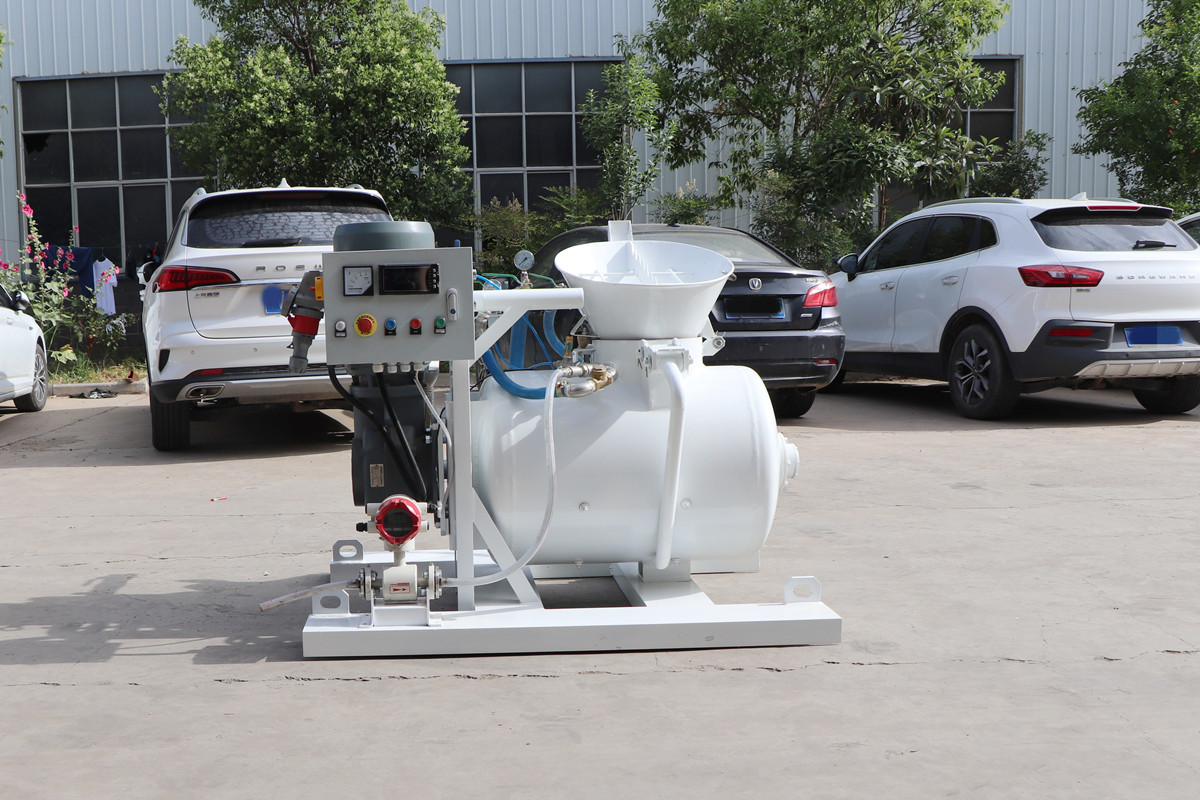
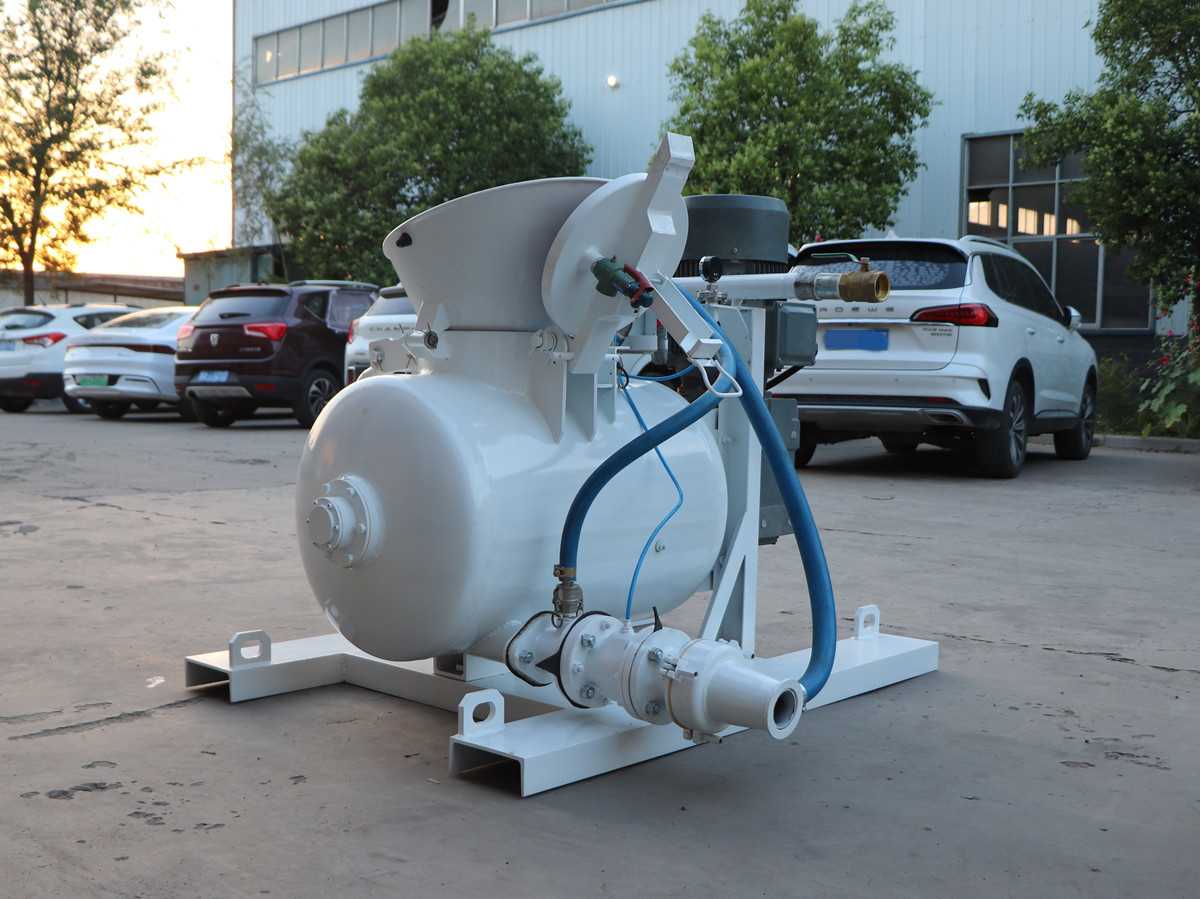
Refractory mortar is a building material with excellent performance in high-temperature environments and is usually used to build the lining of industrial furnaces such as blast furnaces, hot blast furnaces, and electric furnaces. As mechanical equipment, concrete pumps are mainly used to transport concrete or similar materials through pipelines to designated pouring locations.
Refractory mortar concrete pumps may have the following features and uses:
Specialty: This pump may be specially designed to adapt to the special physical and chemical properties of refractory mortar, such as high viscosity, high wear resistance, high-temperature stability, etc.
Pumping capacity: It can efficiently and stably transport refractory mortar to the required location to ensure construction quality. The pumping capacity may vary depending on the specific model and specifications of the pump.
Wear resistance: Since refractory mortar contains a large amount of hard particles, the pump’s conveying components (such as pump pipes, pistons, etc.) need to have good wear resistance to extend the service life.
Sealing: In order to prevent refractory mortar from leaking during pumping, the various connection parts of the pump need to have good sealing performance.
Adaptability: It can adapt to the needs of different working conditions and construction environments, such as high temperature, high pressure, corrosion and other harsh conditions.
However, it should be noted that not all concrete pumps can be used directly to transport refractory mortar. In actual applications, it is necessary to select the appropriate pump type and pumping process according to the specific engineering requirements and the characteristics of the refractory mortar.
In addition, with the continuous advancement of technology and the continuous development of the market, new types of refractory mortar concrete pumps are also emerging. These new pumps may use more advanced materials, more optimized designs, and more intelligent control systems to further improve pumping efficiency, reduce energy consumption and reduce maintenance costs.

